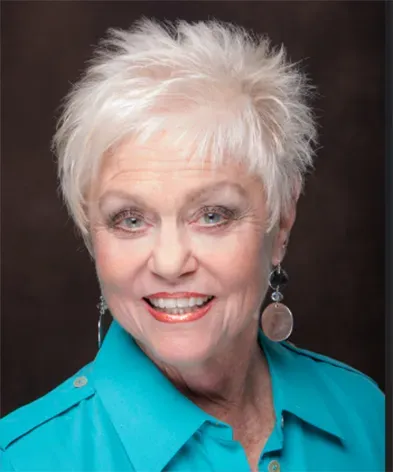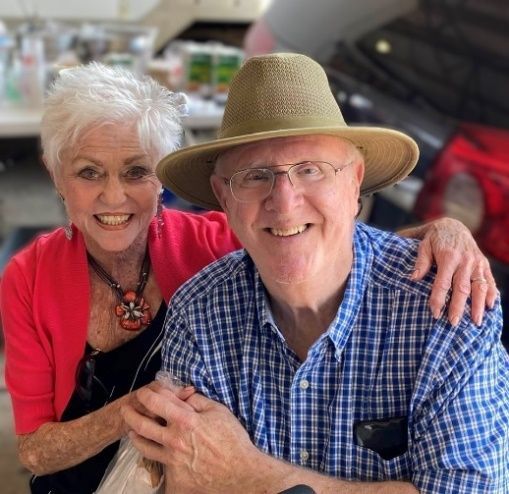ABOUT US
Michelle and DeAnne's collaboration as psychologist and teacher, daughter and mother, brings true synergy to their writing. They draw from their personal and professional life experiences which are the inspiration and foundation for their work. They are fervent in their mission of helping people know they are not alone, arming them with knowledge and resources, and supporting entire families in opening the door to conversations about mental illness and trauma.

Michelle D. Sherman, PhD LP ABPP
Michelle (she/her) is a clinical psychologist who has dedicated her 30+ year career to supporting families dealing with a mental illness or history of trauma. She was named the American Psychological Association’s Family Psychologist of the Year in 2022.
- PhD in Clinical Psychology from University of Missouri-Columbia
- ABPP: Board Certified in Couple and Family Psychology
- Fellow of the American Psychological Association
- Licensed Psychologist in Minnesota and Authority to Practice Interjurisdictional Telepsychology (APIT) in 40 states
Michelle has served as a therapist for over 30 years, providing individual and couples psychotherapy to adults in a VA medical center, urban primary care clinic, community clinic, inpatient psychiatric unit, and private practice. As an educator, she served as a Full Professor at the University of Oklahoma Health Sciences Center and the University of Minnesota Medical School, teaching and supervising trainees from numerous disciplines. She enjoys public speaking, having given over 250 workshops nationally and internationally. She conducts research and serves as the Editor in Chief of the journal, Couple and Family Psychology: Research and Practice. She has published over 75 articles in peer-reviewed journals, over 80 book chapters and articles in other sources, and four books for the lay public.
She also enjoys volunteering, having served on the Board of the Oklahoma National Alliance on Mental Illness (NAMI) for 14 years and currently serving on the Board of the Minnesota NAMI -Ramsey County affiliate. She was a Disaster Mental Health Volunteer with the American Red Cross and Salvation Army for many years, as well as a volunteer choreographer with Open Door Community Theater.
Grounded in the
research she conducted while at the University of Minnesota, she also volunteers as a Behavioral Health Consultant with professional and community theater companies as they produce musicals with psychological themes, thereby merging her love of psychology and theater.

DeAnne Sherman
DeAnne (she/her), Michelle’s mother, is a mental health advocate and educator. She graduated from St. Catherine University in St. Paul, Minnesota, with degrees in French, education, and speech and theater. She volunteers with NAMI-Minnesota, gives workshops with her daughter about mental illness in the family, and mentors people of all ages in the performing arts as a choreographer. DeAnne's mission is to affirm, educate, and empower others. She has strong passions for combatting stigma, offering hope to people who are hurting, celebrating diversity, and promoting open discussion about mental health.
A shout out to the brains behind the financial and business aspects of our book writing journey, Dudley (DeAnne’s husband/Michelle’s dad).


